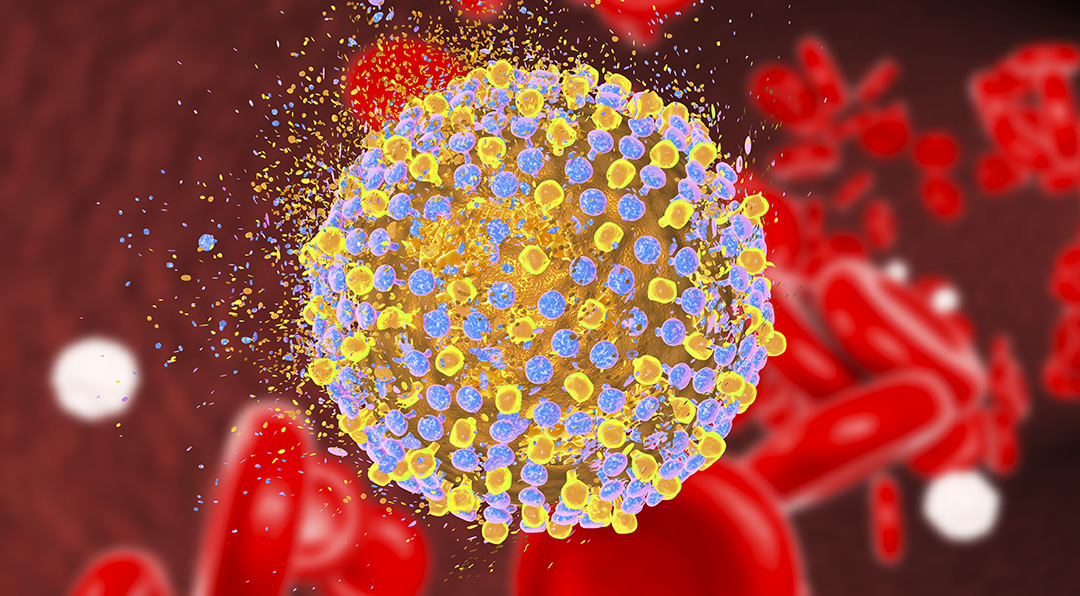Sometimes called “the forgotten virus,” hepatitis C (HCV) can not only damage the liver, but the infection is also putting millions of Americans at increased risk for heart disease, according to new research presented at the BaleDoneen Method Post Preceptorship Monthly Scientific Updates for healthcare providers. Chronic HCV is estimated to affect 2.7 to 3.9 million Americans, many of whom are unaware that they harbor the virus, which often causes no symptoms for years or even decades.
Up to 85% of those infected with HCV develop the chronic form, which can have serious or fatal complications if untreated. A 2016 study found that having chronic HCV raises risk for coronary artery disease (CAD)–plaque in the arteries that can lead to a heart attack or stroke–by 26%. However, there are now effective treatments for HCV–and a proven method to reduce or prevent its associated cardiovascular risks. Here’s what you need to know to protect your heart and liver health.
Who is at highest risk for HCV?
Baby Boomers are at the greatest risk for HCV, a blood-borne infection that is six times more prevalent in this age group. Indeed, three out of four new cases are diagnosed in those born between 1945 and 1965, according to the Centers for Disease Control (CDC), which recommends that everyone born in these years get tested for HCV. Several blood tests are available to check for signs of HCV infection, such having antibodies to the virus in your bloodstream. For more information, discuss screening with your medical provider.
How is this disease spread?
HCV is usually spread through exposure to an infected person’s blood, which can occur by sharing needles or other equipment used to inject drugs, being born to a mother with the disease, sharing certain personal care items–such as razors or toothbrushes–that are tainted with an infected person’s blood, or getting a blood transfusion or organ donation before 1992, when widespread screening of the blood supply began. It’s also possible, though uncommon, to catch HCV through sex. If you have any of these risks, discuss testing with your medical provider–particularly if you’ve EVER used IV drugs, even once, many years ago.
What kind of complications can HCV cause?
If untreated, HCV can lead to severe liver disease (cirrhosis). About 45% of untreated patients are expected to develop this condition by 2030, a new study projects. HCV ranks as the leading cause of liver cancer and liver transplants and is an independent risk factor for CAD. We recommend that anyone diagnosed with HCV get a full BaleDoneen workup to check for arterial disease, even if he or she appears healthy. Early detection and treatment of CAD can be lifesaving, by preventing heart attacks and strokes!
How is chronic HCV treated and is there a shot to prevent it?
There are several medications available to treat chronic HCV, including new drugs that are more effective–with fewer side effects–than previous therapies. To reduce or prevent liver damage, people with the disease should avoid alcohol and not take any medication–even supplements or over-the-counter drugs–without consulting their medical provider. There’s no vaccine available yet to prevent HCV. Vaccines are available to protect against two other viruses: hepatitis A and hepatitis B.
